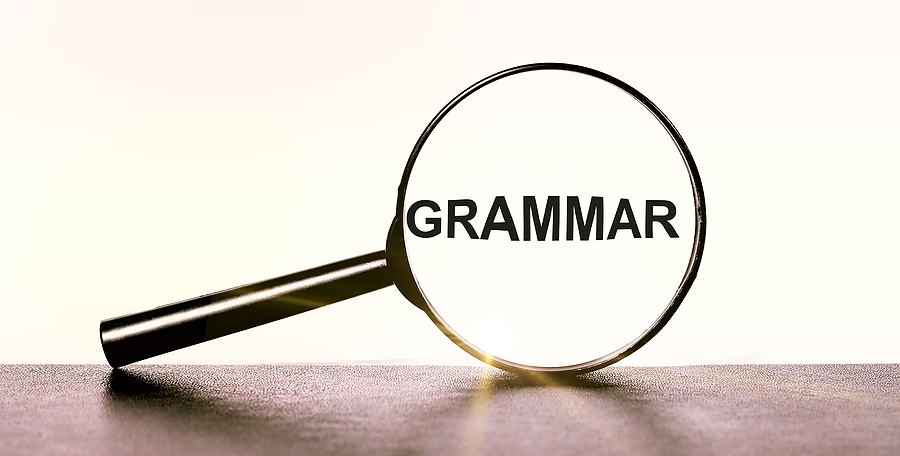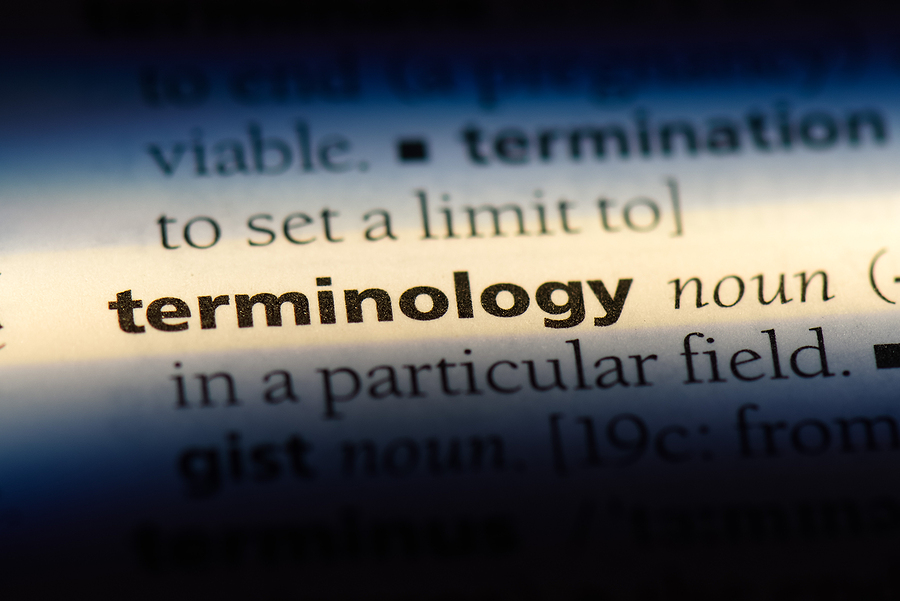Writers are readers. Right? Of course, right. In fact, I’d say that if you’re not a devoted, even voracious reader, you might not want to pursue writing for publication, as reading and writing tend to go hand-in-hand. But do writers read differently than other people? And if so, how? I asked that question of some of my friends and clients, and here’s what they said:
Yes, I think writers read differently. I find myself tracking the length of sentences; I analyze ambiguity and admire clarity. Extra wording also distracts me. And clichés drive me up the wall (Janet Perez Eckles, www.janetperezeckles.com).
I think writers are just avid readers who decided to try to mimic what they love and work hard to develop good skills. Even though I’ve been a professional writer for more than two decades, I still love to read—even more today than when I started. However, the more I learn about writing, the more I become aware of overall structural “formulas” in books, and noticing that can be a turn-off. I love when the writer is skilled enough that I don’t notice the formulas and instead get so caught up in the story and characters … which is why I became a writer in the first place (Jessica Brodie, JessicaBrodie.com).
I read differently based on the kind of material I have chosen to consume. I start at the top with a handwritten card or an email, typified by (hopefully) short and pithy writing that gets right to the point. I jump immediately to the second paragraph of every editorial to avoid the editorialist’s chatty, witty, or simply confusing introduction to clarify why she chose to write what she did. The real meat of an editorial is in the second paragraph and the last one. In a novel, I test the writer by reading the first paragraph and then jump to the second chapter to see how it flows. Can I catch up quickly with such a jump? With a nonfiction book, I read the Table of Contents first (Austin Boyd, www.austinboyd.com).
Being a writer creates a vastly different reader in me. Every book is a potential tutor as I observe what energizes me or rolls my eyes, what makes me root for a character I might otherwise hate, how the author subtly imports worldview. I ask things like, Why do I love this? Did the writer pull me out of the story to show off their abilities, or merely cause me to appreciate the beauty they’re creating? Why did my thoughts drift in these paragraphs, or why am I fatigued by this author’s ideas?, etc. My vocation also affects what I choose to read. I love award-winners, best sellers, writers with remarkable depth and imagination. I will write like what I read—so I must budget the amount of time I can afford to spend on credible ideas poorly written (Janel Breitenstein, author of Permanent Markers: Spiritual Life Skills for Messy Families).
Before I became an author, I could easily immerse myself in a good book and enjoy it without once thinking, Hmm, I would have worded that sentence differently. These days, however, I find that my internal editor will not shut off. Not because I’m an expert, mind you, but because my brain now lives in “author mode” rather than “reader mode” (Michelle Shocklee, author of Under the Tulip Tree).
Yes, I believe writers read differently. In fact, it’s sometimes hard to turn off the writer and escape into simply being the reader—I think because we as writers are wired to pick apart the work of others. Not necessarily in a bad or criticizing way, but it’s how we learn from other writers. We stop at a phrase, dissect it and learn how that particular phrase changes a scene or a character. Writers are always seeking out ways to be better writers. I am personally a slow reader and this is why. I find myself looking deeper at the styles and movements of the author to make a deeper and more enjoyable read. This sometimes forces me to read a page twice—once to see the author’s intent and a second time to just enjoy (Cindy K. Sproles, author of What Momma Left Behind).
I had to ask a few friends about their method of reading. I assumed my method was normal. Silly me. My nonwriter friends think I’m weird. Here is what I do: When I pick up a new book to read, I keep a highlighter and pencil nearby. If the book is in my favorite genre (mystery/suspense), I may never pick up the highlighter to point out misspelled words and grammar errors. If I am reading an assigned book from a writing class or an award-winning book, I rip it apart as I read. I fill the pages with questions, confusing passages, errors in facts, and anything else that makes me wonder why the book is considered one of the best on the shelves and worth my money. I highlight beautiful passages that inspire me and dissect what they did that worked so well. I learn from everything I read, good and bad (Karen Lynn Nolan, author of Above the Fog).
As for me, I don’t think I necessarily read differently because I’m a writer. I think one of the reasons I’m a writer is that I read differently than some others—voraciously, broadly, analytically—if that makes sense. There are other reasons that I’m a writer, among them being the fact that I could never hit a curveball or play the piano.
How about you? Do you think writers read differently than other folks? And, if so, how?










